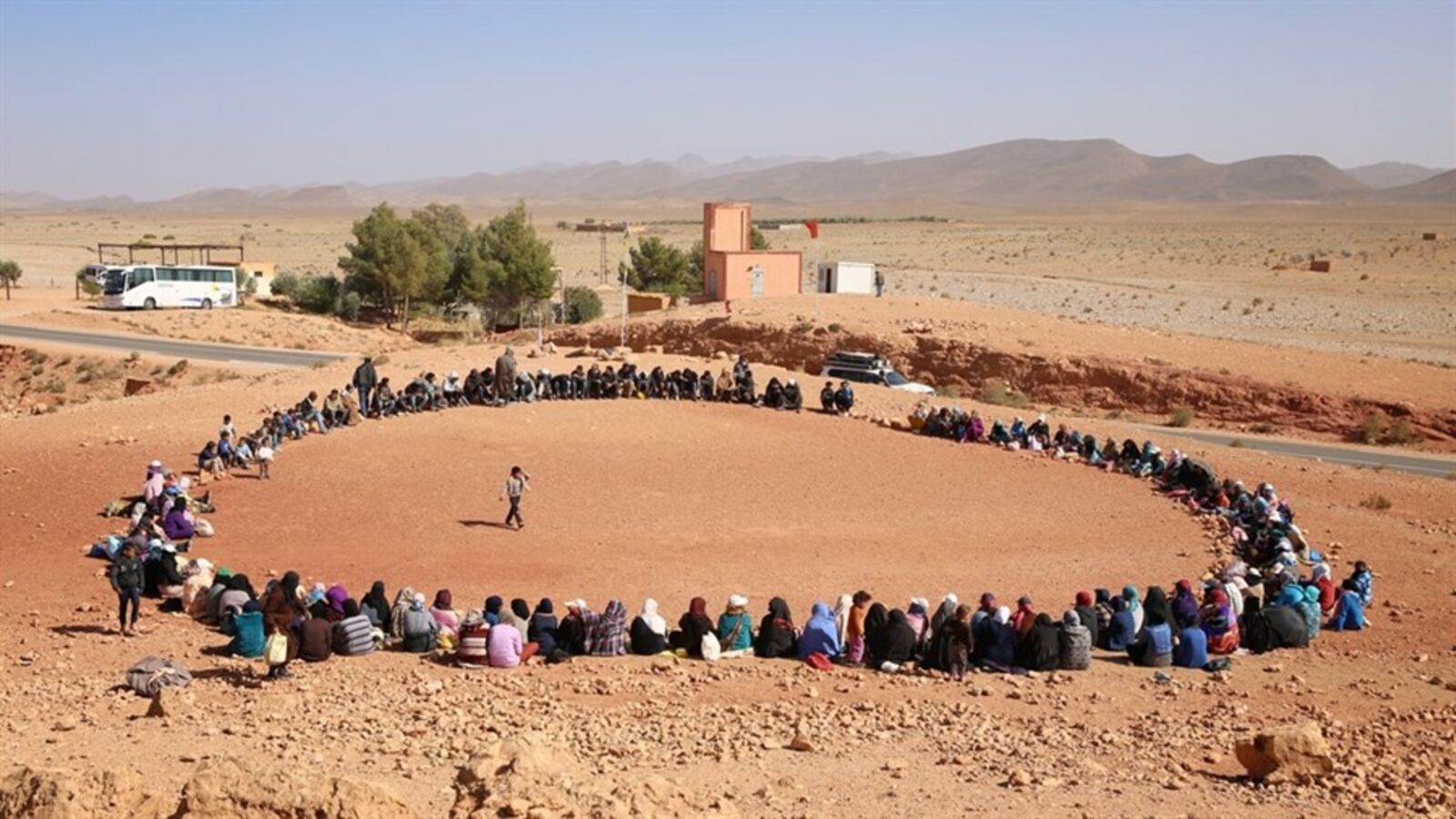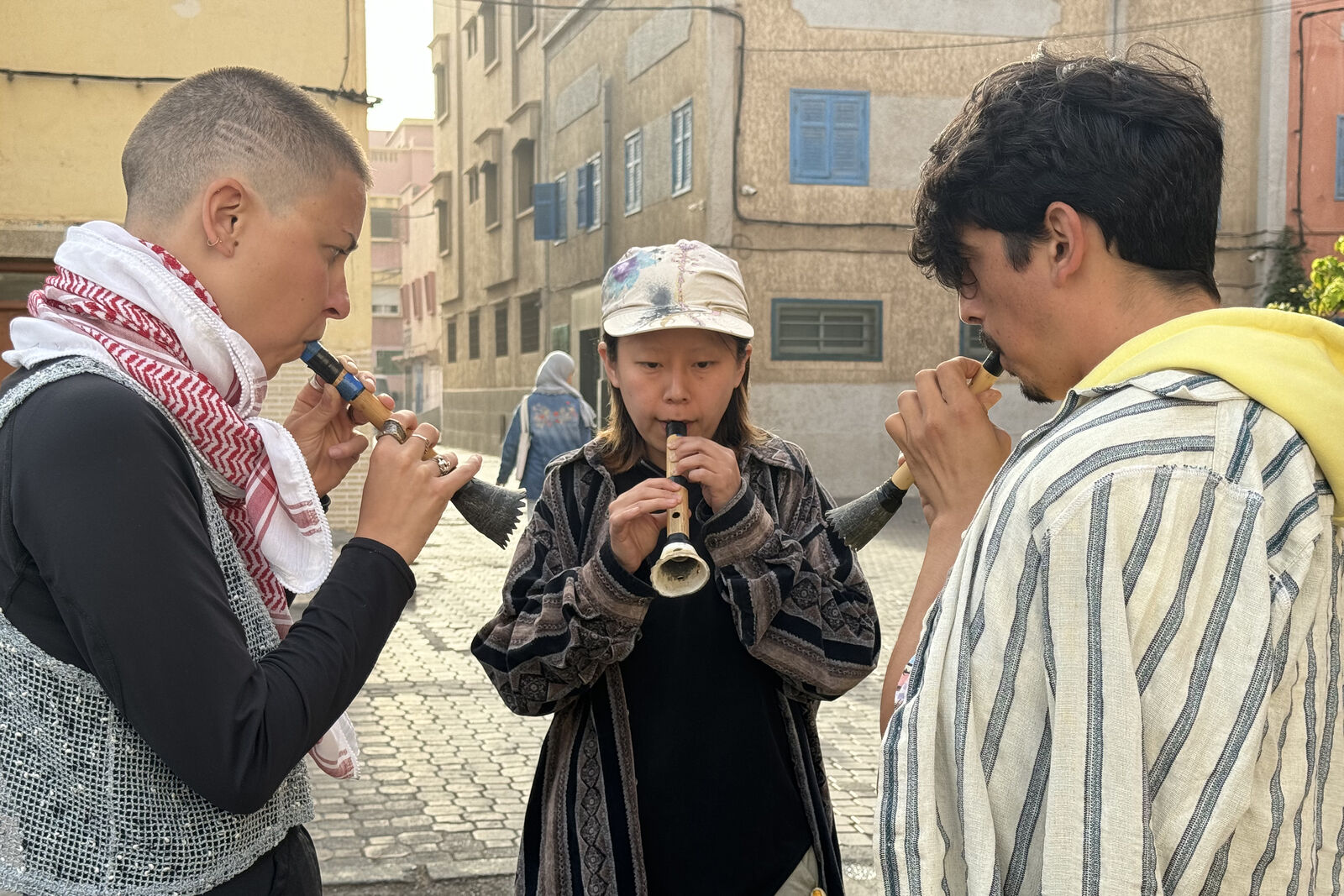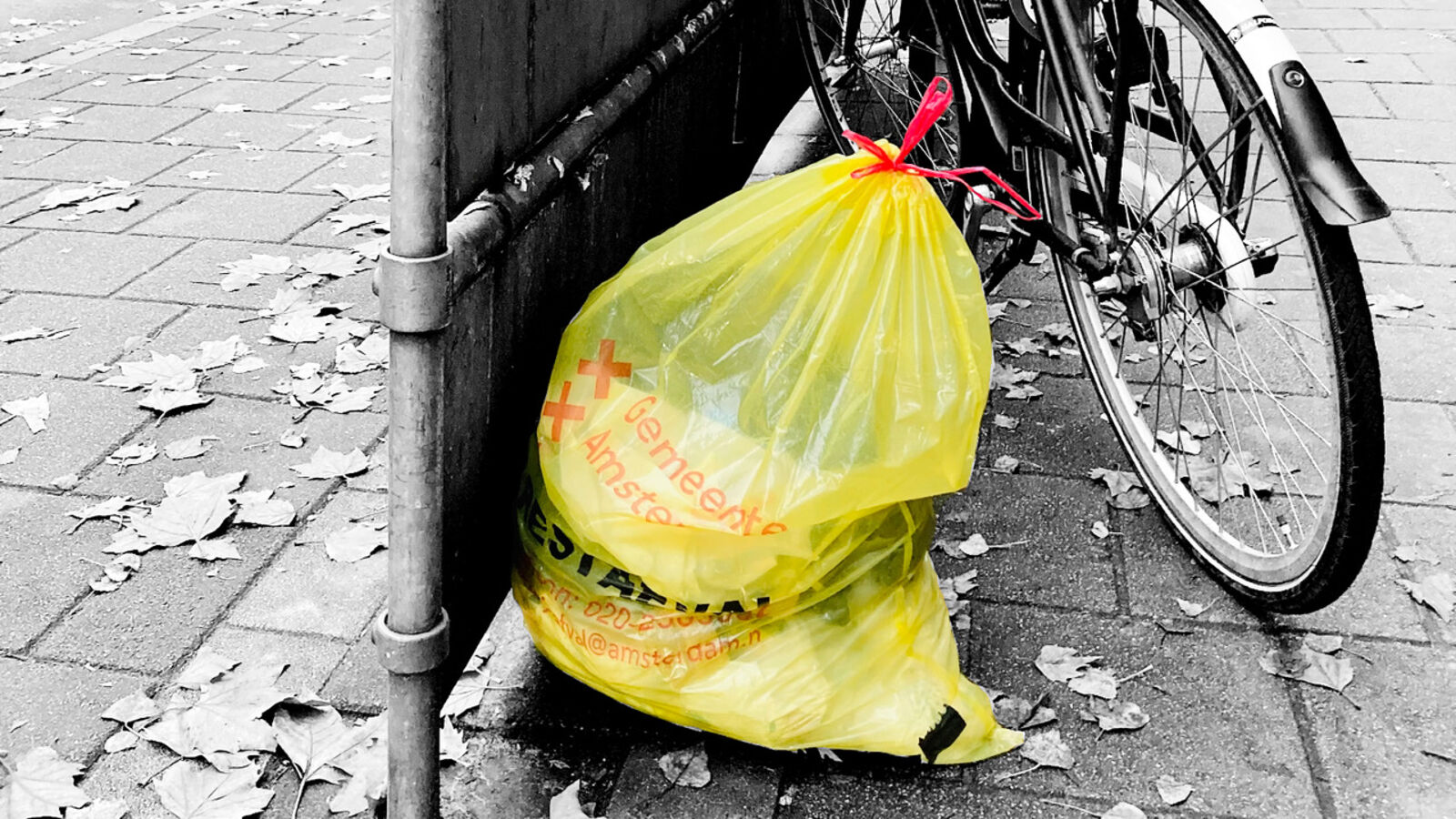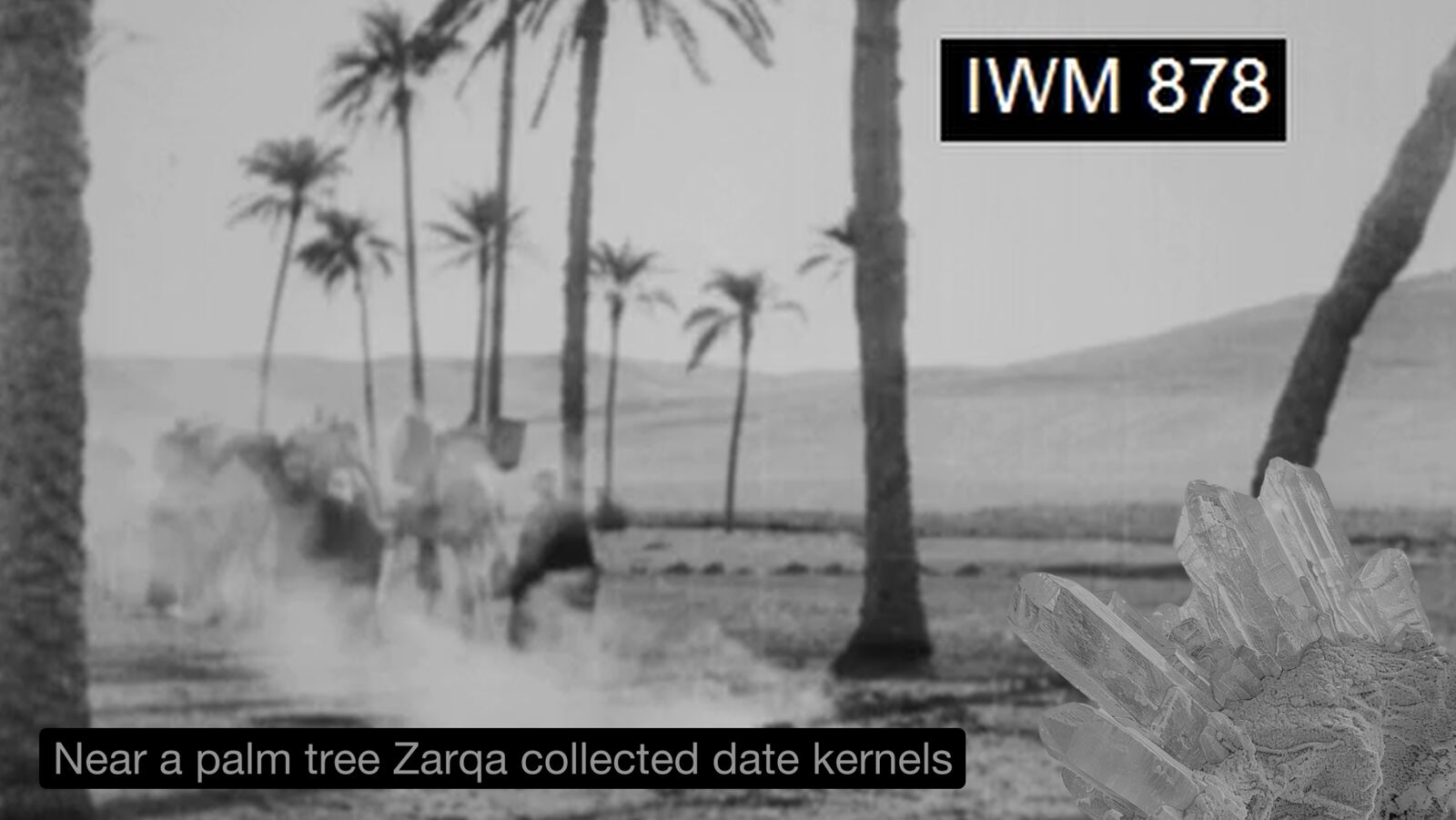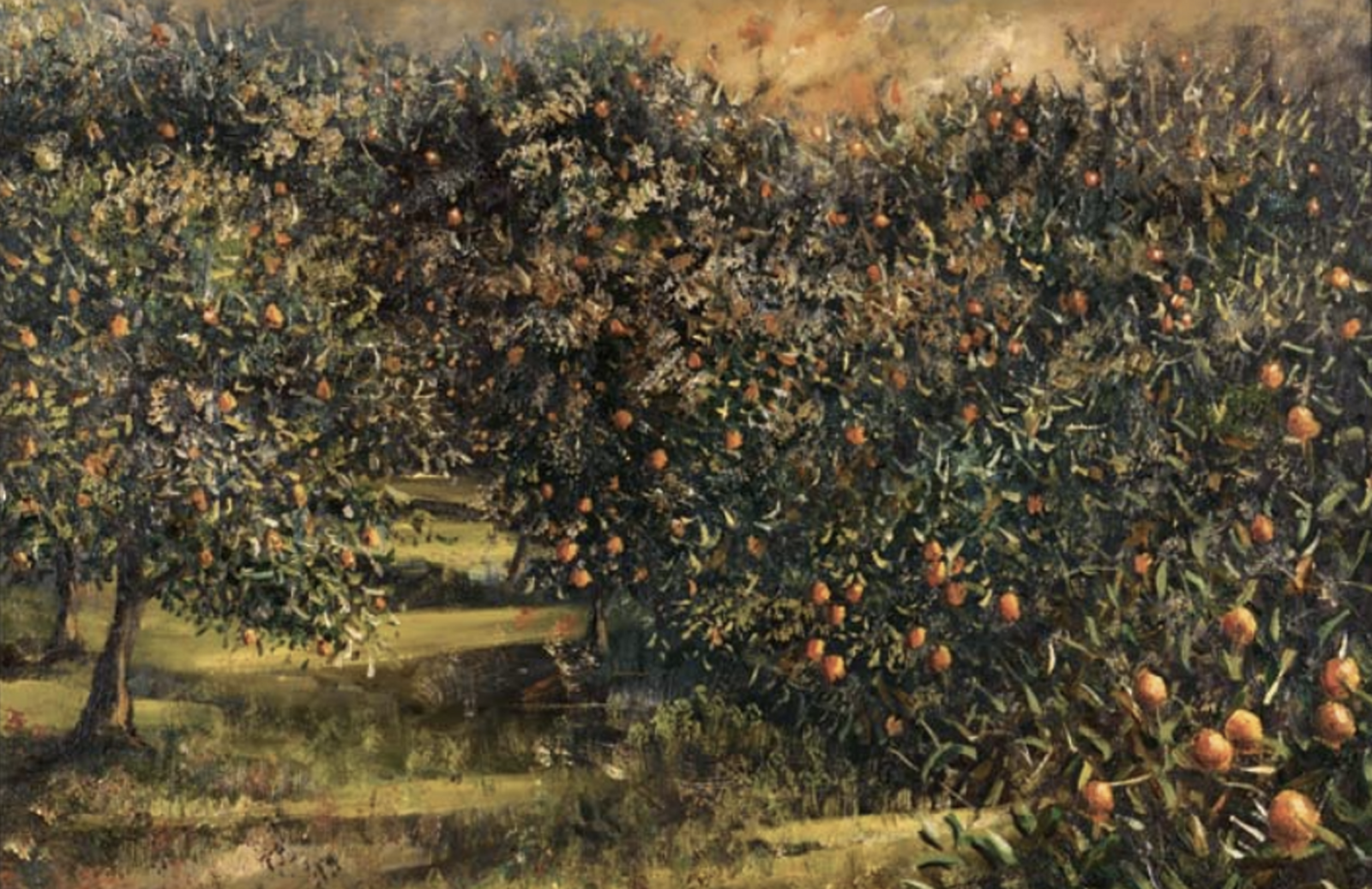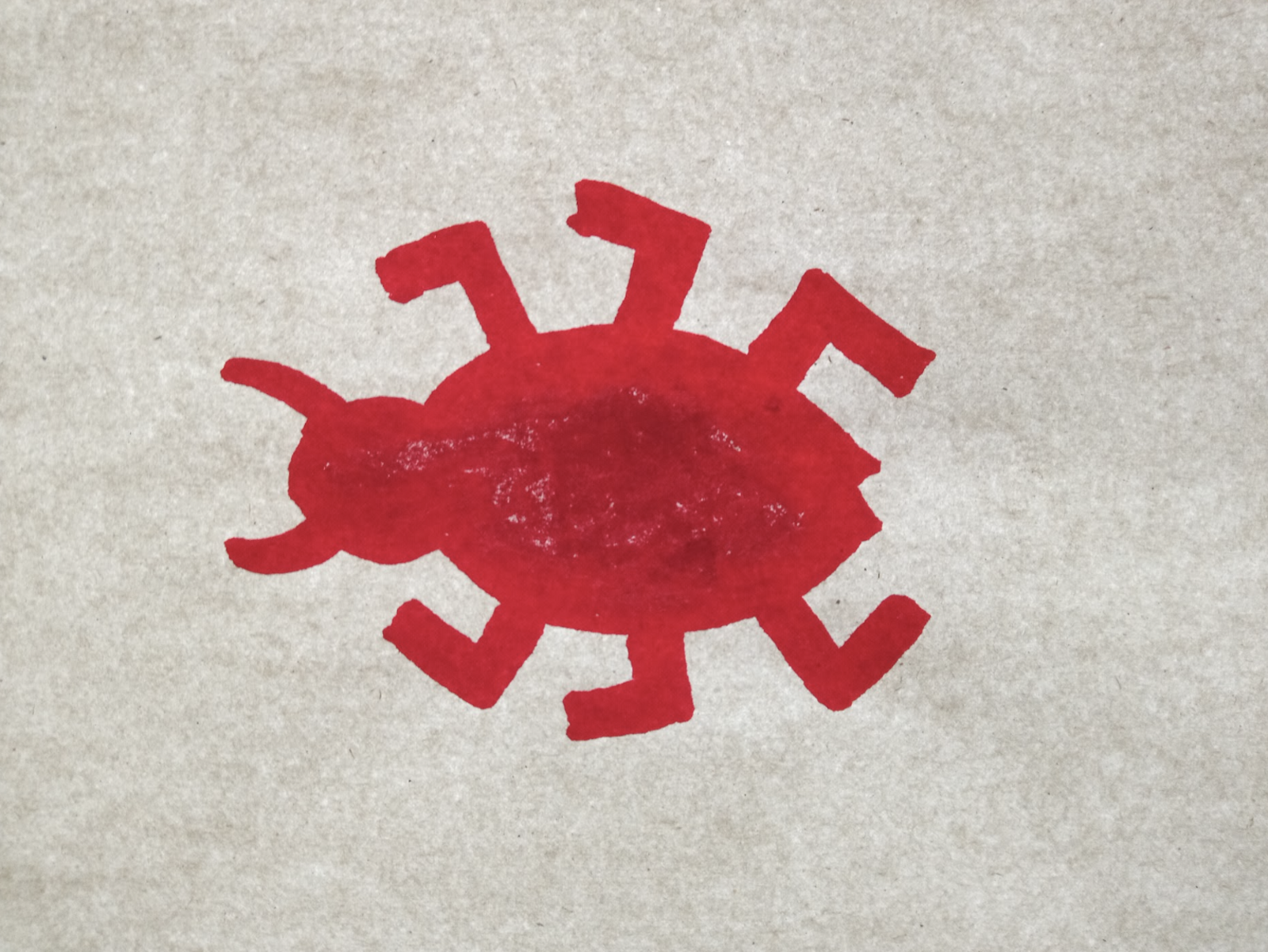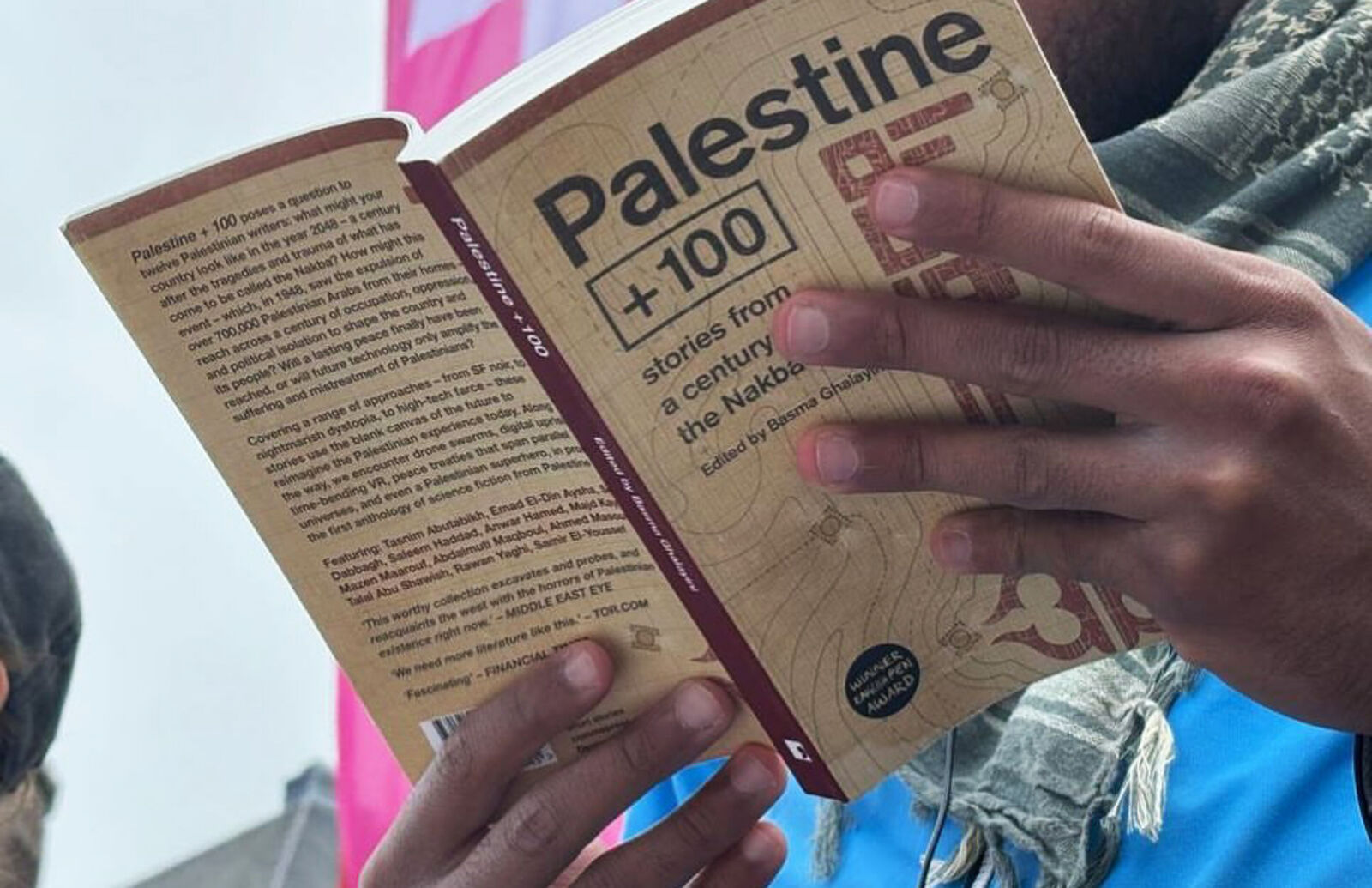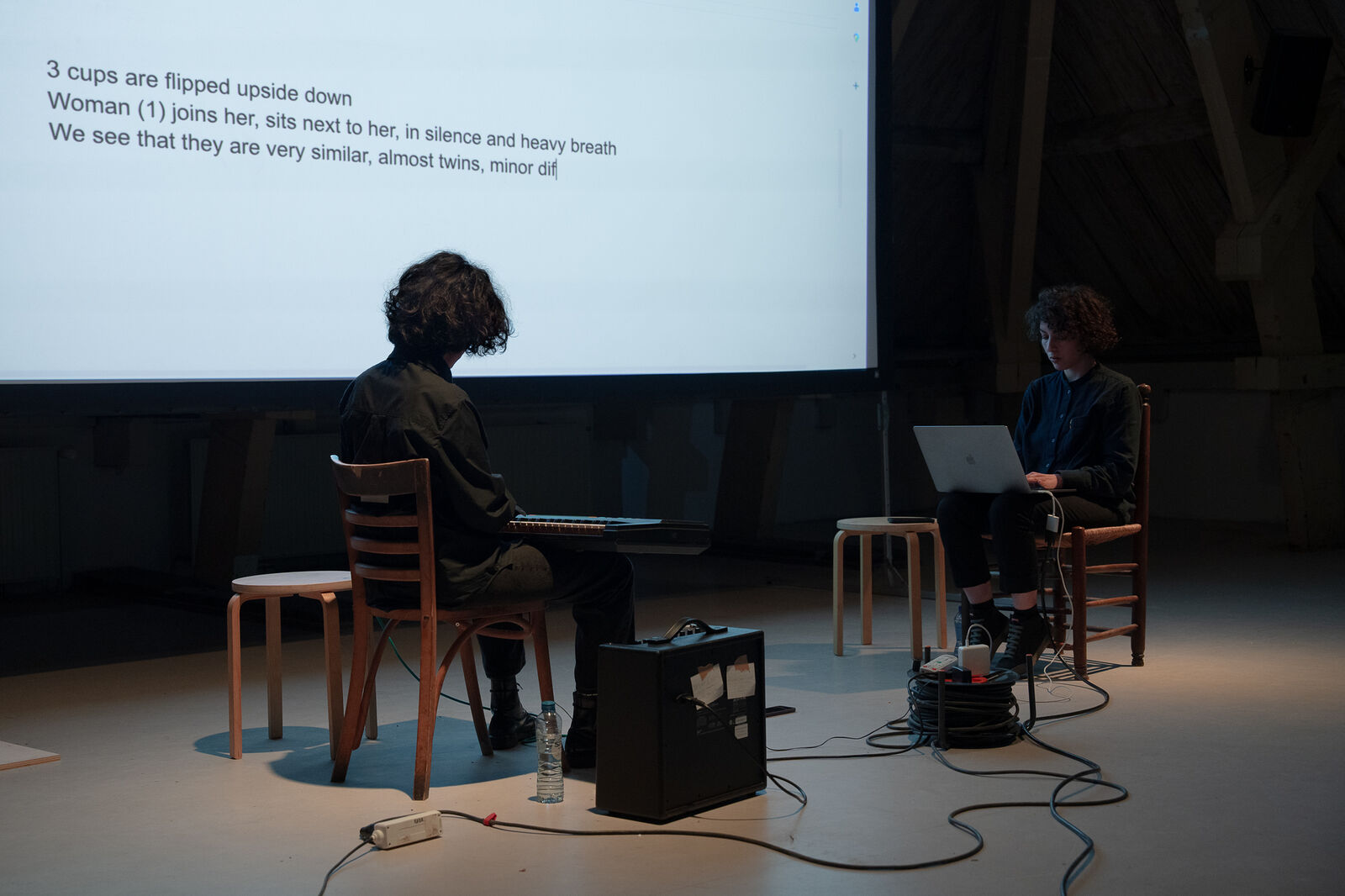Instructions for Placemaking: Amussu
19:30–22:00
de Appel, Tolstraat 160, Amsterdam
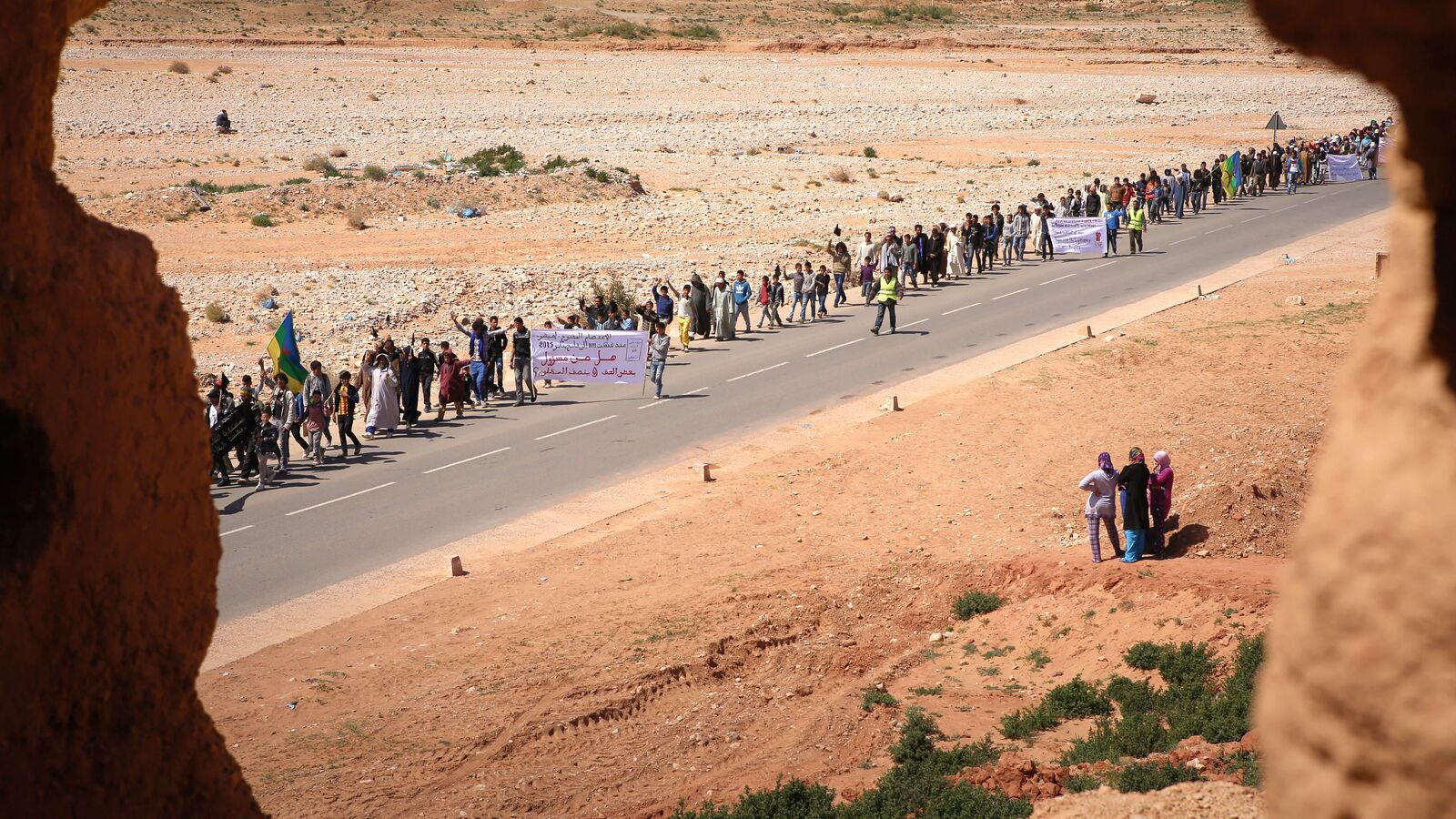
Amussu
About Amussu by Nadir Bouhmouch
Imider, Southeastern Morocco. A rapacious silver mine has siphoned water from local aquifers for decades, drying out the almond groves belonging to an Amazigh community. Fearing their fragile oasis might disappear and their livelihoods destroyed, the villagers peacefully rebelled in 2011 and shut down a major water pipeline heading towards the mine. Eight years later, they continue to resist in a protest camp which has now turned into a small solar-powered village. However, backed by conniving intelligence services and aggressively protected by the police, Africa's biggest silver mine is no easy adversary. Dozens have been arrested for taking part of what the villagers have dubbed "Amussu xf Ubrid n '96" (Movement on Road '96). Nevertheless, the resilient villagers continue to resist with the little means they have - songs, weekly assemblies, a flimsy camera, a film festival and endless ingenuity.
After the screening, director Nadir Bouhmouch will join us virtually for a conversation.
About Our People are Our Mountains: Instructions for Placemaking
In Our People are Our Mountains (quoting from Amílcar Cabral’s words on the Guinea-Bissau's liberation movement), artists and collectives in Palestine and elsewhere who work on questions around land from different perspectives, collaborate with majelis (assembly) Jakarta by sending instructions remotely. Utilizing instructions, rather than physically transferring works or facilitating travel, stems from ethical, political, and environmental considerations. The act of sending instructions is also a way to point to the physical and symbolic distances, particularly emphasizing the profound difficulties associated with moving in and out of Palestine, especially during the ongoing genocide. This initiative, therefore, is an act of transmission and trust—artists will transmit their creative directives to counterparts in Jakarta, who will, in turn, realize, contribute to, perform, or enact the instructions in place.
In the Amsterdam iteration, the instructions will be presented, whereas some of them will be activated throughout the coming weeks. Every week of the presentation span, a new video by the participating artists and others will be screened on loop for one full exhibition week. In addition a programme of performances, workshops and gatherings will take place throughout the project span. The film screening of Amussu by Nadir Bouhmouch is part of this program
Bio
Nadir Bouhmouch is a filmmaker and multidisciplinary artist whose works include films, photography, short stories and essays. His practice focuses on popular history, ecology, agriculture and the commons through the mediation of communal and popular oral art forms. In 2019, Nadir co-initiated AWAL, a collaborative oral heritage archive project, rural residency and public programme dedicated to documenting, unpacking and curating popular oral literature or "oraliture" in Morocco and beyond. This project, alongside Nadir's other works often stem from the idea that ‘oraliture’ can be a potent source for unique aesthetics and narratives which break from those inherited from former colonial masters. Nadir currently works as a part of the Tizintizwa, a Moroccan poly-disciplinary art-research collective which acts as a set of pretexts for collective creation and cross-pollination. Their practice is based on working together and with others, on finding consonance in difference and in championing heterogeneity in nature and culture. Nadir’s work both individual and as part of Tizintizwa has been shown at various venues including the 35th São Paulo Biennial, the Eye Museum, BALTIC, documenta 15, Palais de Tokyo, Museu Nacional da Republica, Creative Time Summit and the International Documentary Festival of Amsterdam.
